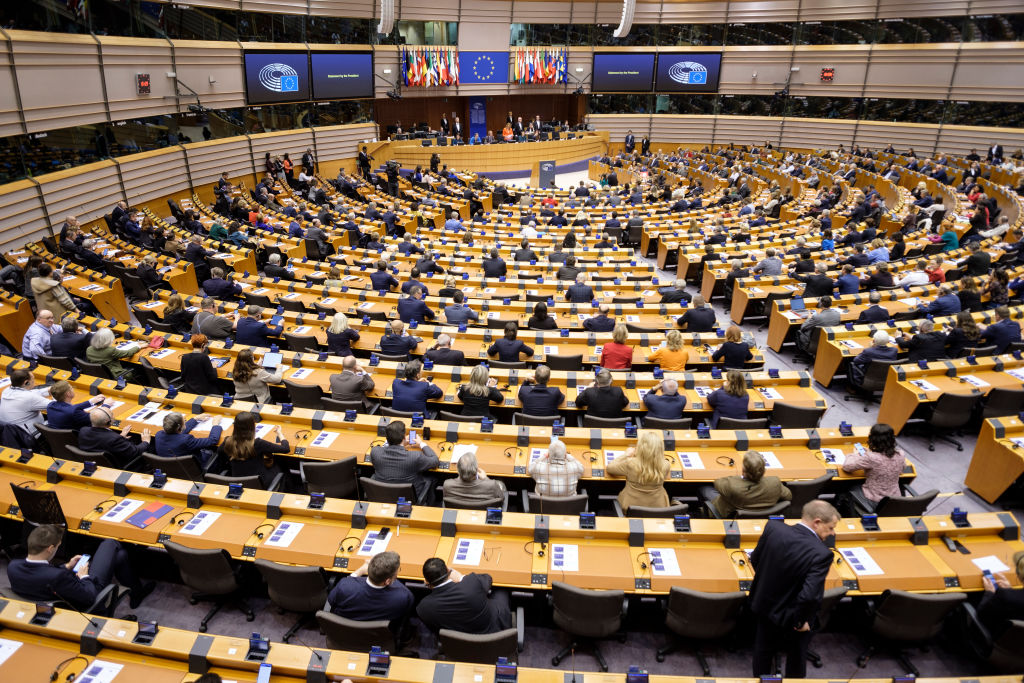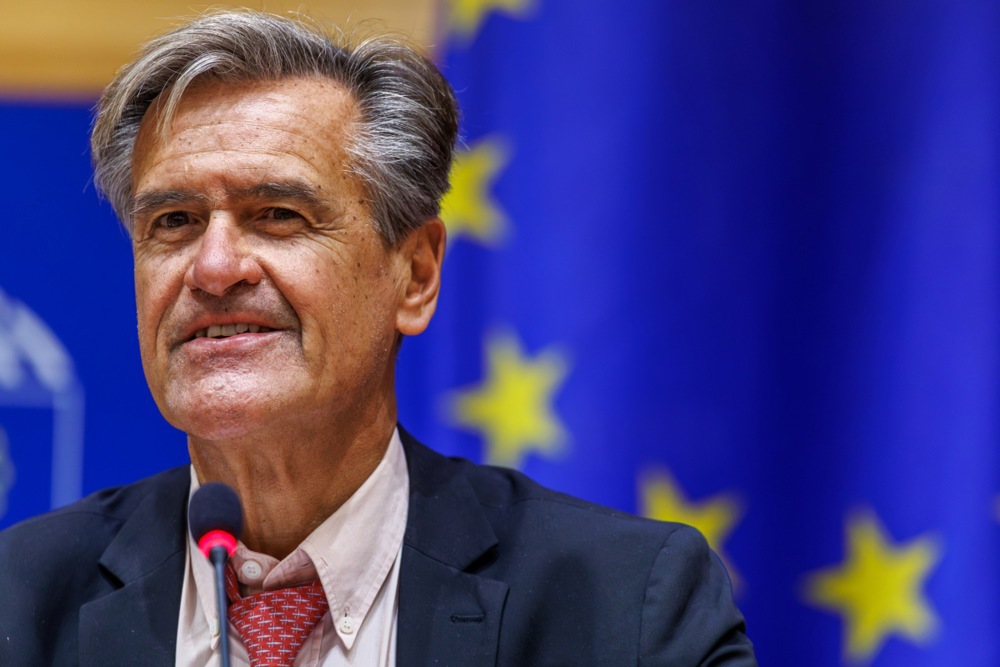Czech Republic transport minister Martin Kupka said Russia was trying to sabotage European railways by hacking into their signalling systems.
According to Kupka, thousands of attempts to interfere with rail networks and signals have occurred in a campaign designed to destabilise the European Union and disrupt critical infrastructure.
Speaking to the Financial Times, he said his country’s railway operator has been repeatedly targeted by the Russian hacking campaign.
Previous cyberattacks have impacted ticketing systems and sparked worries of signal interference possibly leading to catastrophic accidents.
“It’s definitely a difficult point … [but] I’m really very satisfied because we are able to defend all systems [from] a successful attack,” Kupka told the FT.
The Czech Republic is also planning to build a high-speed rail line linking Berlin, Prague and Vienna.
The proposed railway is the first in a planned series of such projects that will eventually connect Moldova, Ukraine and the Western Balkans with Central Europe.
The EU is co-financing the project via the Connecting Europe Facility fund established in 2014 for infrastructure investments.
Russia has been accused of numerous other covert attacks on civilian infrastructure in other European countries.
Until now, most attention was focused on its efforts to hit European energy systems but EU intelligence services are now broadening their scope.
The EU Agency for Cybersecurity released its inaugural report on threats to transportation in March last year. That highlighted a surge in “attacks against railway companies”, primarily attributed to the war in Ukraine.
Specifically, the Agency identified significant cyber assaults by “pro-Russia hacker groups” targeting railway companies in Latvia, Lithuania, Romania and Estonia.
The Czech cybersecurity agency NUKIB had already warned of rising cyberattacks in the energy and transport sectors.
In January this year, Russia appeared to be engaged in electronic warfare apparently orchestrated from the Russian city of Kaliningrad in which GPS signals among the country’s Western neighbours were disrupted.
The Estonian software company SensusQ pointed to a secretive Russian electronic warfare system called Tobol. Sweden, Finland, Poland and the Baltic States were all affected.
According to The Washington Post, the same system was used to interfere with Starlink transmissions in Ukraine. Starlink is a satellite internet constellation operated by Starlink Services, a wholly-owned subsidiary of US aerospace company SpaceX
In the March, The Times reported that the UK Government suspected Russia of disrupting the satellite signalling of a Royal Air Force aircraft transporting British defence minister Grant Shapps home from a trip to Poland.
Russia has faced accusations dating back to 2010 of jamming GPS signals in neighbouring countries.
Another digital war is allegedly also being fought out over information.
On March 29, Czech intelligence services accused politicians of accepting payments from a Russian influence operation, according to Czech and German media.
The agency claimed Russians have built an influence network with the hope of affecting the upcoming European Parliament elections in June through a news website called the Voice of Europe.
Half a dozen European intelligence services were involved in unmasking the Russian influence operation, said German newspaper Der Spiegel. The Czech Security Information Service (BIS) was in charge of the operation.
The FT noted: “Prague has become increasingly hawkish on Russian influence campaigns after it approved a law in 2022 that allows the Government to take measures against foreign entities suspected of violating human rights or [of] cybercrimes.”
In an exclusive interview with Brussels Signal, @KrahMax, German AfD party list leader for the EU elections in June, wants the Czech intelligence service to provide proof regarding accusations that colleague, Petr Bystron MP, has taken Russian bribe money. https://t.co/93WPEihVrw
— Brussels Signal (@brusselssignal) April 4, 2024





